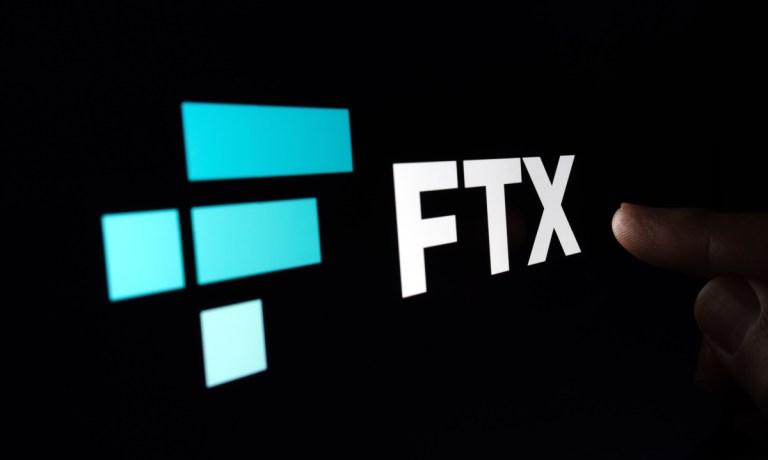FTX Has Enough Cash to Repay Creditors in Full

Eighteen months after its collapse, FTX is ready to repay its customers in full.
The cryptocurrency exchange says it has pulled together assets worth $14.5 and $16.3 billion, enough to pay back 98% of its creditors 118% of what they are owed.
The remaining 2% would get back 100% of their claim under a plan that still needs approval for a federal bankruptcy judge, the company said Tuesday (May 7) evening.
“FTX has achieved this recovery level by monetizing an extraordinarily diverse collection of assets, most of which were proprietary investments held by the Alameda or FTX Ventures businesses, or litigation claims,” the company said in a news release.
Alameda refers to Alameda Research, the FTX sister company at the center of the exchange’s implosion in November 2022.
Earlier this year, the advisers overseeing the company’s bankruptcy said they had no plans to resurrect the exchange.
“The costs and risks of creating a viable exchange from what Mr. Bankman-Fried left in the dumpster were simply too high,” attorney Andrew Dietderich said during a court hearing.
“Mr. Bankman-Fried” is Sam Bankman-Fried, the founder and former CEO of FTX, whose leadership led the company to its multi-billion-dollar collapse and the need to repay creditors, and earned him a 25-year prison sentence on fraud and conspiracy charges.
Bankman-Fried appealed his conviction and sentence last month, arguing that the judge made errors at trial, depriving him of his legal right to a fair trial.
Former customers have criticized the bankruptcy group’s decision not to try to relaunch FTX, but John J. Ray III, the company’s CEO and chief restructuring officer, told the Wall Street Journal in March that such a plan would not be feasible.
He said his team conducted an extensive search for a buyer, or partners to merge with, but never got back proposals that were adequate.
“In each case, no serious investor was willing to give us material value when weighed against costs, delays and other factors,” Ray said. “We did not even receive a meaningful bid for any intellectual property because the code was obsolete and the brand synonymous with fraud.”